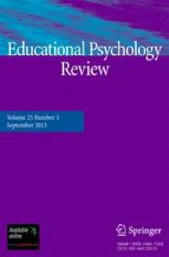Peer assessment has been the subject of considerable research interest over the last three decades, with numerous educational researchers advocating for the integration of peer assessment into schools and instructional practice. Research synthesis in this area has, however, largely relied on narrative reviews to evaluate the efficacy of peer assessment. Here, we present a meta-analysis (54 studies, k = 141) of experimental and quasi-experimental studies that evaluated the effect of peer assessment on academic performance in primary, secondary, or tertiary students across subjects and domains. An overall small to medium effect of peer assessment on academic performance was found (g = 0.31, p < .001). The results suggest that peer assessment improves academic performance compared with no assessment (g = 0.31, p = .004) and teacher assessment (g = 0.28, p = .007), but was not significantly different in its effect from self-assessment (g = 0.23, p = .209). Additionally, meta-regressions examined the moderating effects of several feedback and educational characteristics (e.g., online vs offline, frequency, education level). Results suggested that the effectiveness of peer assessment was remarkably robust across a wide range of contexts. These findings provide support for peer assessment as a formative practice and suggest several implications for the implementation of peer assessment into the classroom.
Research and publish the best content.
Get Started for FREE
Sign up with Facebook Sign up with X
I don't have a Facebook or a X account
Already have an account: Login
Using and creating meaningful assessment strategies in education
Curated by
Learning Futures
 Your new post is loading... Your new post is loading...
 Your new post is loading... Your new post is loading...
|










